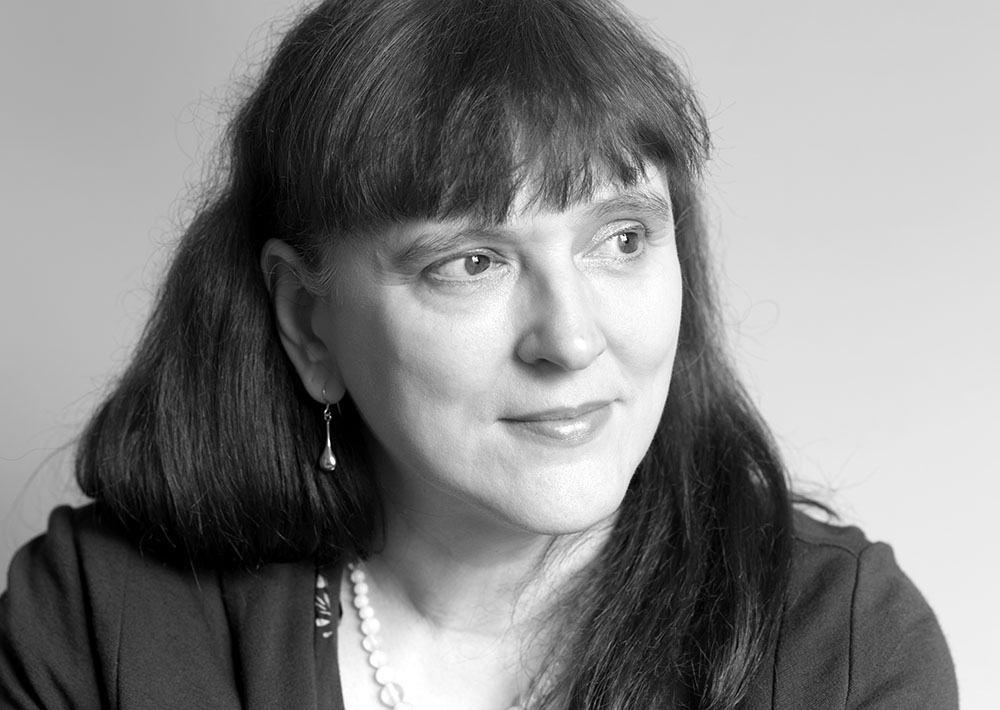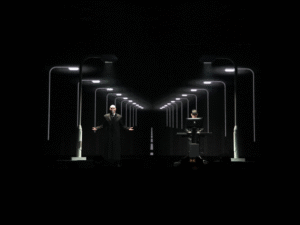
#IndieLitMagGala 2025 Spotlight: Arachne Press
In the sea of indie presses, few walk their talk like Arachne Press. Founded in 2012 and still run largely solo by
Julia Webb’s The Telling (Nine Arches Press) is not so much a poetry collection as it is a beautifully damaged house you wander through in a dream. Every room hides a scene of reckoning or rupture, and you emerge with your clothes snagged and your hands a little bloodied. Across these fragmented, defiant pages, Webb builds a hard, glittering emotional architecture that refuses sentimentality but aches with ferocity. This is contemporary poetry with its jaw set and fists clenched, a bruised hymn to memory, grief, survival, and the terrible persistence of family.
The most arresting thematic core of The Telling is the brutal intimacy between mothers and daughters. In Crash Site, Webb conjures the aftermath of maternal collapse with surgical precision: “We never did find that black box / so it was always unclear exactly what had happened.” The choice of aviation disaster as metaphor is no cheap dramatics; it captures the way trauma disperses facts until all that is left is debris and instinct. The cold, almost forensic detachment of lines like “the stink of spilled aviation fuel” refuses easy catharsis, suggesting that even love’s wreckage must be navigated with care, or it will crush you all over again.
Throughout The Telling, Webb’s style flexes to fit emotional necessity, but it is her handling of grief that punches hardest. In Since she died bits of me are missing, she writes, “there are no dreams on the operating table, / just a nothing – like a box open and shut.” What could have been overwrought is saved by the blank, unsentimental horror of that simile. Here is literary analysis rooted in brutal honesty: Webb understands that death does not always poetically reshape the world; sometimes it leaves you flattened, fumbling at the edges of meaning with a scalpel. The very shape of the poem enacts this—staggered, breathless, without neat closure, refusing the false arc of ‘moving on’ that lesser modern poetry collections so often serve up.
Another weapon in Webb’s arsenal is her dark, sideways humour, seen to devastating effect in Eventually the honey wasn’t enough anymore. The image of the mother entering the greenhouse “carrying a duvet cover filled with bees” is grotesque and hilarious and horrifying all at once. The domestic chaos of “the greenhouse behind her / is a hot mess of bees” reads like a punchline delivered at a wake. By dragging the absurd into the heart of pain, Webb resists the easy dignity grief so often demands. It is a risk—one that a timid poet would never dare—but it pays off, creating a modern poetry collection that genuinely captures the weird, cracked texture of real life.
Placed within the wider landscape of independent publishing, The Telling shines as an example of how contemporary poetry should operate: messy, humane, unsanitised. While many poetry anthologies still lean towards lyrical self-beautification, Webb’s work shares DNA with the likes of Hera Lindsay Bird or even the raw confessionalism of Kim Addonizio, yet she carves out a voice unmistakably her own. She offers no manifesto, no polish for the sake of credibility. In a scene that often prizes performance over sincerity, The Telling is a reminder that there is still power in speaking plainly, in letting the wreckage stay visible. Wide readers of contemporary poetry who are tired of immaculate veneers will find in Webb’s book a necessary, gutsy companion—flawed, furious, and all the more vital for it.
About the Author

Julia Webb is a working class writer, editor and poetry mentor based in Norwich. She is a poetry editor for Lighthouse. She has three collections with Nine Arches Press: Bird Sisters (2016) Threat (2019) and The Telling (2022). She has had two poems highly commended in The Forward Prize.

In the sea of indie presses, few walk their talk like Arachne Press. Founded in 2012 and still run largely solo by

Lytham Festival has confirmed one of the biggest announcements in its history: Pet Shop Boys will headline the 2026 edition with their

This isn’t a competition. It’s a celebration. As part of The Broken Spine’s #IndieLitMagGala 2025, we asked readers to nominate indie presses
The Broken Spine is a poetry and arts collective proudly published on the coastal edge of North-West England. Founded in 2019 by Alan Parry and Paul Robert Mullen – two school friends reunited after twenty years through a mutual love of poetry.